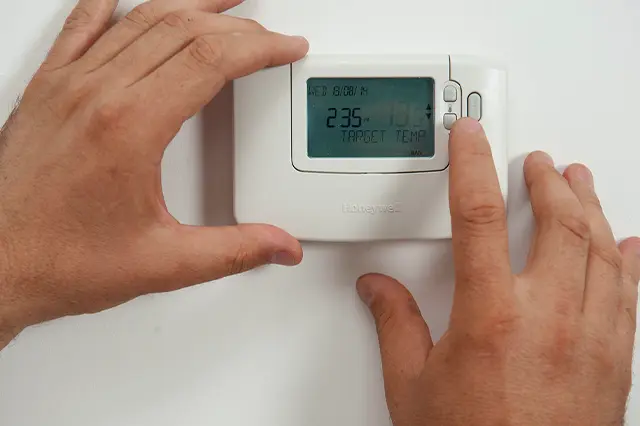
Why is my air conditioner not cooling my house below 80 degrees?
Summertime is a time of year when everyone wants their home to be as comfortable as possible. Unfortunately, many people don’t realize that their air conditioner is likely not doing its job. In this blog post, we will explore the different factors that can affect how your air conditioner works and what you can do to make it easier for it to cool your house below 80 degrees. From ductwork to the installation of new AC units, read on to learn all you need to know about keeping your home cool this summer.
What to do if the AC is not Cooling Your House Below 80 Degrees
If your air conditioner is not cooling your home below 80 degrees, there are a few things that you can do to try and fix the issue.
First, you can check to see if your thermostat is set to the correct temperature. Next, you may need to adjust your air conditioning unit’s coils or filters. Finally, you may need to check for any leaks in your cooling system.
How to Check the Air Conditioner is Working
If you live in a hot climate, your air conditioner is likely not cooling your house below the set temperature. This may be due to several reasons, including a blocked or dirty air filter, worn out compressor, or frozen coils. To check whether your air conditioner is working properly, first determine the make and model of your unit.
After identifying the make and model of your air conditioner, open the cover to see if there are any debris blocking the fan blades or coil. If so, use a vacuum cleaner with a narrow nozzle to clear away the blockage. Next, check to see if the compressor is working by plugging in an appliance that uses power (like a hair dryer) and checking to see if the AC unit starts up. If it doesn’t start up then there may be something wrong with the compressor. The last step is to check for frozen coils by taking off one of the front grill covers and tipping down each side of the coil box. If ice is visible then it’s time for an upgrade or replacement!
How to Fix a Broken Air Conditioner
Some common causes of an air conditioner not cooling your house below a certain temperature are:
-A broken or leaky duct.
-A dirty filter.
-Malfunctioning evaporator fan(s).
-Damaged condenser coils.
If you suspect any of the above, take appropriate measures to fix the problem before calling a professional. If you can’t afford to fix it yourself, contact a contractor who can help save you money on repairs.
